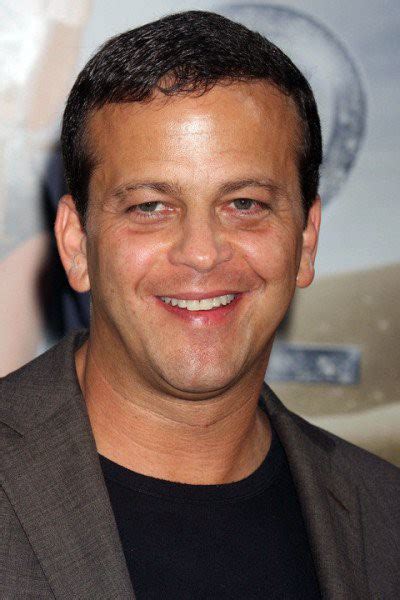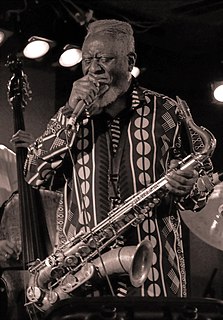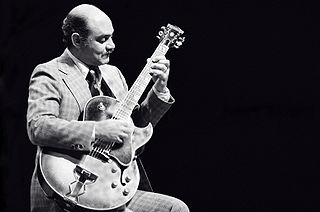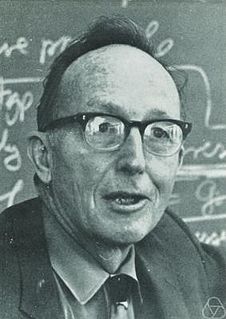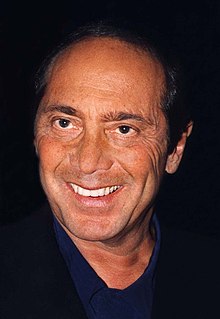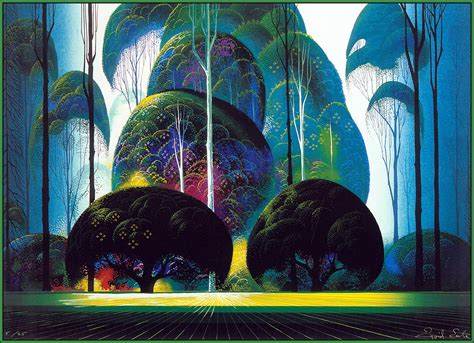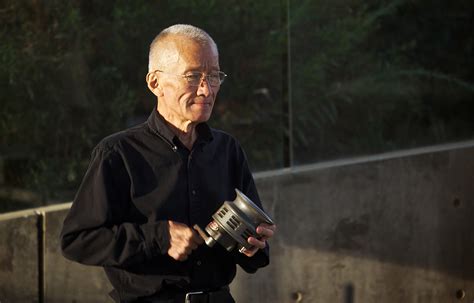A Quote by Aaron Zigman
When I create I don't think in technical or mathematical terms until the idea is formulated Musical composition is formulated in improvisation. Once a pianist like myself sits down and begins to play and start thinking about what I am writing all of a sudden a little tune will emerge, a little spot light and I'll go, "That's interesting."
Related Quotes
It took time to learn that the hard thing about writing is to let the story write itself, while one sits at the typewriter and does as little thinking as possible. It happened over and over again, and the beginner learned - when you start puzzling over an idea, and slowing down on the keys, the writing gets worse and worse.
I find that in California I can't find guys that have enough energy. They play a little bit and that's about it. They play less. If I start a tune and then the pianist has to solo, I am looking to everybody to get to a certain climate and then I come back in while the energy is up high. Somehow that doesn't happen.
I think, the more of a student I am, the better it will be for my work because it means once you have too many accolades you don't try harder. I would never allow myself to think that I don't have to try harder. I like the idea of always learning, always trying to do better. The word "master" sits uneasy on my terms.
You can't think and play. If you think about what you're playing the playing becomes stilted. You have to just focus on the music I feel, concenctrate on the music, focus on what you're playing and let the playing come out. Once you start thinking about doing this or doing that, it's not good. What you are doing is like a language. You have a whole collection of musical ideas and thoughts that you've accumulated through your musical history plus all the musical history of the whole world and it's all in your subconscious and you draw upon it when you play
It's kind of like being a writer in the sense that you always hear other writers say, 'Well, the best way to start writing is to just start writing.' The same goes for improvisation. You want to start improvising, just start playing notes. And the more you do that, the more comfortable - or not comfortable - but I guess how you're able to adapt to situations. You become more familiar with your instrument. As soon as you have a musical thought, you can go ahead and add to that musical thought and know your way around.
You know, an idea is just an idea. There seems to... the kind of epiphanies that you have, like the little sudden bursts of light, they're very small and they're very short and it's the pursuit of the idea that's the important thing. . . . I know a lot of people who have way better ideas than I do that-much more frequently than I do that just can't sit down and actually do it. Ideas are such are a little overrated really; it's the work behind the idea that's the important thing.
When you think of everything in terms of just money, then almost nothing is enough. I mean, how much money is enough? Because it's hard to translate money into goods. And I think people, once, I think there's a lot things can believe, and once they start thinking about wealth in terms of money, they lose the idea of enough-ness.
If I was going to sum up my approach to this whole mind issue, I would say this: the question is often formulated in a very bad way - for example, by posing the question in terms of stuff. It's better to start with the things we do know: for example, that there are people and other thinking creatures, who have mental capacities. Our next step should be to say something about these capacities.
Then very slowly I go to slightly lighter colors until little by little, the forms begin to take shape and I start to see what is happening. Since I never plan in advance, I simply let myself be led by instinct, taste and intuition. And it is in this manner that I find myself creating visions that I have never before imagined. And little by little certain color effects develop that excite me and I find the painting itself leading me on and I become only an instrument of a greater, wiser force...or being...or intelligence than I myself am.
